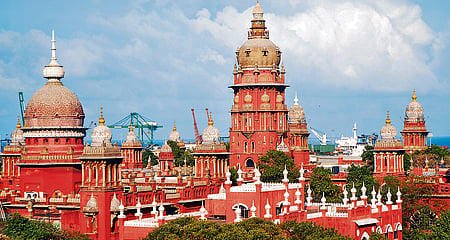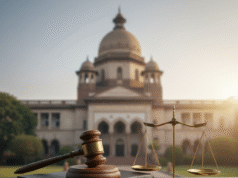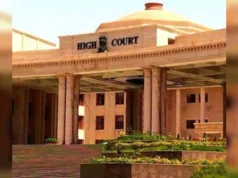Chennai | Literal Law | May 15, 2025
In a significant ruling reinforcing the principle of equality in religious administration, the Madras High Court has dismissed a petition seeking to restrict the appointment of temple trustees at the Arulmigu Karneeswarar Thirukoil, Chennai, to members of a particular caste.
The petition, filed by the secretary of a caste-based organization, challenged a government notification issued in April 2025, which invited applications from the general public for non-hereditary trustee positions at the temple. The petitioner argued that historically, trustees were selected exclusively from the Sengunthar community, and sought reinstatement of this caste-based criterion.
Equality Before God, Says High Court
Justice D Bharatha Chakravarthy, presiding over the matter, dismissed the plea, holding that “caste is not a religious denomination” and that no caste has the exclusive right to administer Hindu temples.
“Before God, all persons are human beings and therefore, there cannot be any discrimination based on caste,” the Court held.
The Bench further noted that public religious institutions must be governed in accordance with constitutional values and statutory rules, not on the basis of caste-based traditions.
Philosophical and Constitutional Principles Cited
The Court drew upon India’s rich spiritual and constitutional heritage, citing:
- Swami Vivekananda, who said: “The soul has neither sex nor caste nor imperfection.”
- Tamil poet Bharathidasan, who famously wrote:
“இருட்டறையில் உள்ளதடா உலகம் சாதி இருக்கின்றதென்பானும் இருக்கின்றானே.”
(“The world is inside a dark room; the one who says caste exists is also there within.”) - Dr. B.R. Ambedkar, who described caste as a “construct of the mind with no physical reality.”
The Court reaffirmed that religious freedom under Article 25 of the Constitution must be exercised without violating the right to equality under Article 14.
Cause Title:
K.V. Venugopal v. The Secretary to the Government of Tamil Nadu & Ors.









